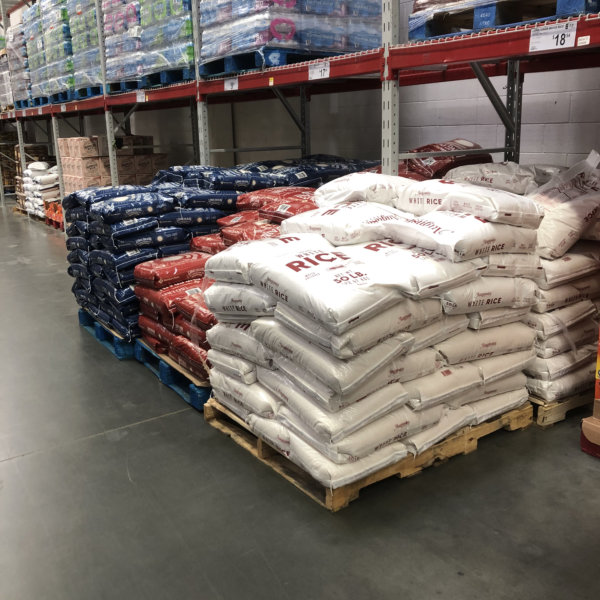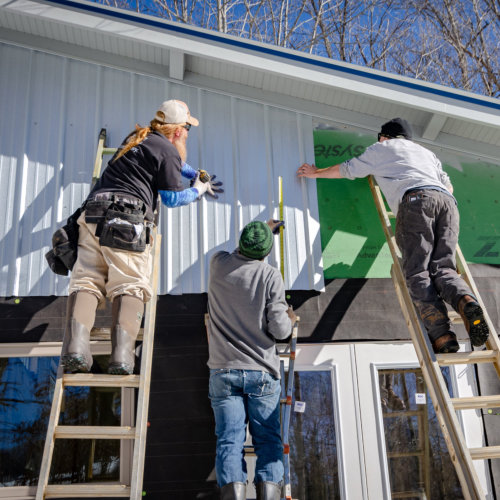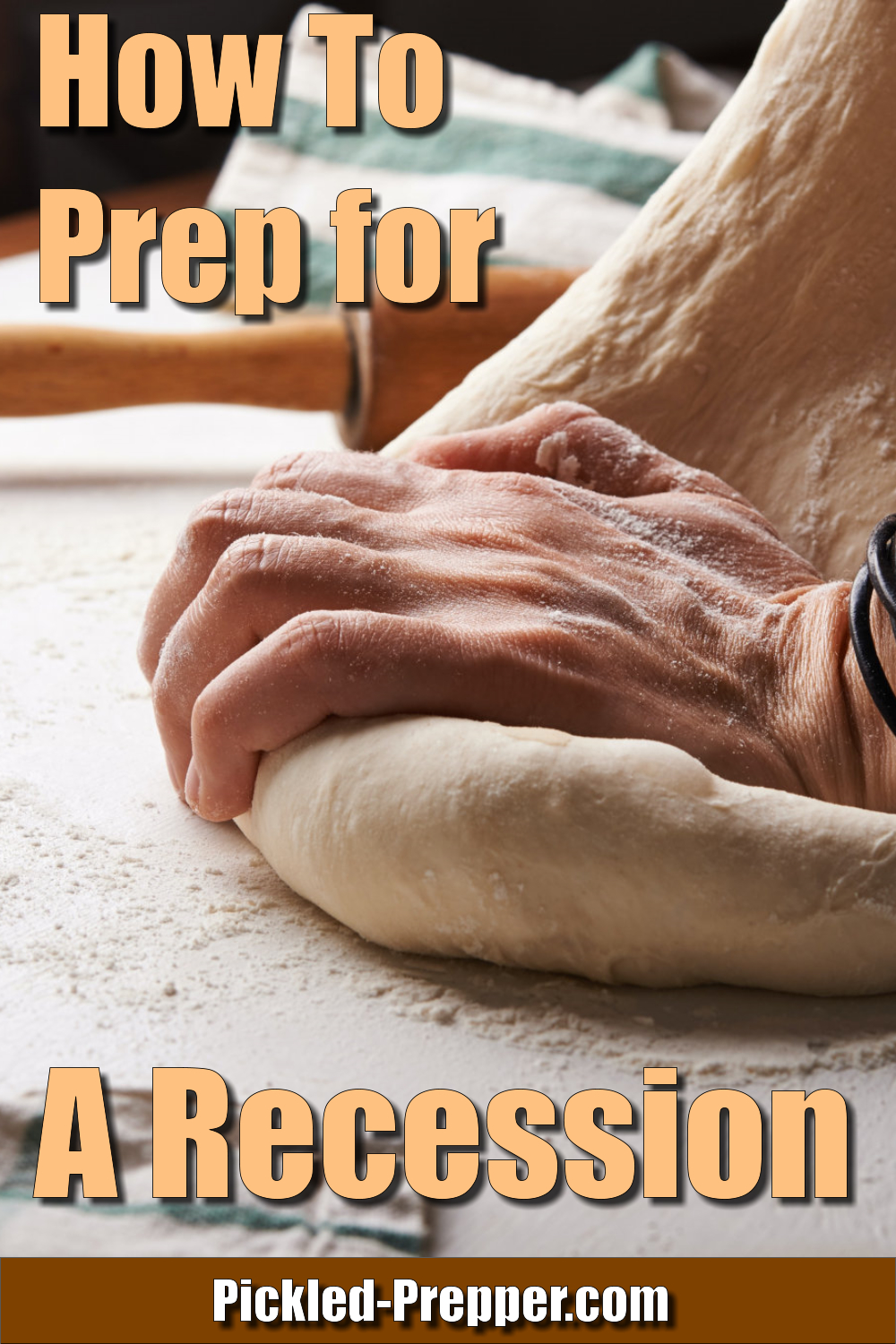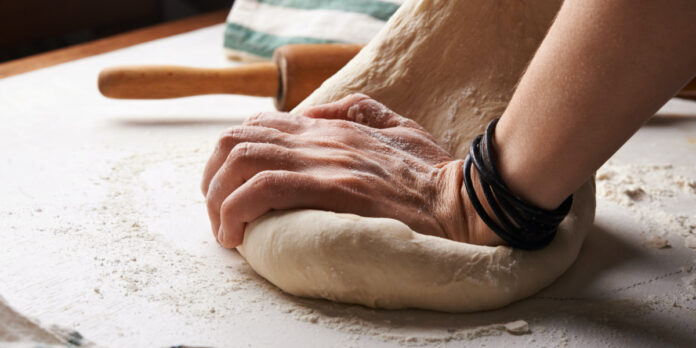It’s obvious from the limited economic data we have from the past 60 days that the U.S. is going to slip into a recession as the GDP drops for the first two quarters of the year. Because of the sudden shut down, the slow reopening, and a reluctance by many consumers to go back out and spend money, business will fail. People who have lost their jobs will not have jobs to go back to. Their lower incomes will means less consumer spending. Because the consumer accounts for 70 percent of the GDP, it will continue to sink as the buy fewer cars, clothes, electronics and other items that are not necessities.
This will lead to more business failures, personal and corporate bankruptcies, a collapse of the housing market, bank failures, an increase of poverty and homelessness, and a decrease in the net worth of wealthy individuals. In fact, everyone will make less and be worth less, which will restrain spending further. That could tip us over the edge and into a depression, which is what happens when a recession lasts more than two years.
Focus on the Basics
Like any survival situation, you need to look at the basics first: Food and Shelter. Whatever happens, you want to have a roof over your head and food in your belly.
Your very first priority is ensuring you have a place to live and can likely remain there for the foreseeable future. If you have a home and a mortgage, do everything you can to pay it and the utilities.
Although food may seem a more immediate need, your home, heat, water and electric, are more important. Why? Because it is far easier to find programs to feed you than it is to find someone else to house you. You can go to food banks, church food pantries, soup kitchens, get food stamps, etc. It is also easier to fill your belly cheaply than it is to put a roof over your head. You can buy things like rice, beans, cornmeal, flour, a big bag of potatoes, and even some fresh veggies inexpensively. Just change your eating habits to avoid processed foods.
You can also trade labor for food, barter for food, grow food, gather food in the wild, hunt, fish, raise rabbits, raise chickens, or other livestock.
So, shelter first, food second, because while eating in a soup kitchen or waiting in a bread line is no fun, living in a shelter or sleeping in your car is worse.
Act Now
When I could tell that there was a good chance I would be laid off back in 2003, I refinanced my house. I did get laid off, but it was a couple months after I had refinanced. Because I went from a 15-year mortgage to a 30 years mortgage, this lowered my monthly costs by hundreds of dollars. I also took some equity out of the house, which I sat in my bank account to help carry us through the coming tough times. This definitely helped us as my income the following years was a third of what it was the year I was laid off.
If you are lucky enough to still have a job, you can refinance now while rates are low.
You can also stock up on food. There may not be meat or toilet paper in the stores, but there’s plenty of other foods. Go to Sam’s Club, Costco or another warehouse store and lay in staple items that will keep a while, such as: White rice, oatmeal, four, pasta and pasta sauce, bags of pancake mix, powdered milk, instant mashed potatoes, peanut butter, and canned goods. Download our free special report on one-stop shopping for a 30-day food supply and use these menu suggestions as your starting point.

If you shop carefully and conservatively and cook from scratch and eat only at home, I bet the $1,200 government windfall you just got could feed a family of four for four to six months.
If you do not bake, buy some baking basics, like mixing bowls, measuring spoons and cups, baking sheets, a pie plate, bread pans. Stock up on banking staples like flour, yeast, baking powder, baking soda, vanilla extract, and sugar. You will shocked at how much simple backed products can enhance your meals when normal food supplies run short.
Don’t Take Anything for Granted
You may be blessed to have a high-paying, secure job, but we are heading into unstable times. Don’t assume that you will always have that job, that you are too important to be laid off, or that the company is too big to fail. Remember the prepper mantra: Prepare for the worst and hope for the best. For example, your company or business unit could be sold, shut down, or consolidated into another location.
In this case, that means save your money. Put away as much money as you can in savings, and keep enough of it at home to pay your bills for a month, just in case there are bank holidays or the ATMs run out of cash.
This is not the time to spend money. Yes, there will be sales to lure you in to the store, to get you to buy a car with zero down and no interest, to vacation at the beach, or to buy that new toy you wanted. If it won’t put food on your table, money in your pocket or a roof over your heads, don’t buy it. Cut way back and then you can have a blowout when the recession is over.
What to do if you Don’t Have Money
Maybe you can barely afford your rent now, you’re behind on the electric, and your kids are hungry because they are not getting lunch at school. Here are a few suggestions:
- Try to build your skills and get a promotion at your job or a better job. In a recession with high unemployment, you need to make yourself stand out, which means being unfailingly polite and friendly, working late, not slacking off and even kissing ass.
- Reinvent yourself. Be creative and hustle. Showing some initiative can work wonders.
- You can also build skills that would be useful as a side gig. Find someone doing something you want to do and offer to work for them at a low wage if they will teach you the skills. Maybe you’ll impress them with your hard work and reliability and end up with a job, or maybe you’ll just have learned some skills and maybe a few trade secrets.
- Look for people who still have jobs and money and see what they need, then offer to fill the need. You could end up doing walking dogs, babysitting, cleaning their gutters, or even house sitting. You might end up helping the elderly.

- Look for things people on the lower end of the economic scale want but cannot afford and offer to do it for less than the going rate or barter with them for a service or good they have. It’s better to make a few bucks than none at all.
- Consider manual labor. No one wants to work hard these days, but the ditch diggers and home sewers, the house cleaners and septic tank cleaners are the ones that always seem to have jobs.
What to do if you Have Money
If you are well off, have food and shelter more than amply covered, here are some preps you can do to help you survive and thrive during the coming recession:
- Buy and store things for your personal use that may become scarce, expensive or that make you feel good. Simple things like salt, spices, paper products, health and beauty aids, and hygiene items can help you feel better and live better in times of severe shortages. This could include high-end coffee and alcohol.
- Put aside some basic clothes, especially socks, underwear, and footwear. Your emergency clothing should be sturdy and durable, designed to last a long time and to be easily washed. In fact, get dark colors or patterns that won’t show a stain, in case you can’t launder them very often. If you have young kids, stock some clothes and shoes they can grow into.
- Assuming you already have guns, buy extra ammunition, if you can find it. If you don’t have guns, then consider how you will defend yourself if there is an increase in crime that accompanies the recession.
- Buy items that are useful and suitable for barter. This could include items that people are addicted to, such as tobacco products, coffee, chocolate, and alcohol. It could also include medical products people need such as antibiotics, pain killers, OTC medicines, vitamins, first aid supplies, pregnancy tests, condoms, and antimicrobials. It could also include items people want in a survival situation, such as soap, shampoo, batteries, garden seeds, flashlights, candles, hand tools for gardening, sewing kits, lighters, bug spray, etc. Even guns and ammo can be useful trade items if you are careful about whom you trade with.
- Get a full service for your vehicles. Have them replace every fluid and filter in the vehicle, just to be safe, then store some motor oil and an oil filter, just in case things really break down.
Be Low Key
Someone observing you should have no idea whether your cupboards are overflowing of as empty as theirs. So be cool, don’t talk about your preps, and certainly don’t lord it over anyone.
If someone you know well is having trouble making ends meet, don’t offer them food or money. Instead, invite them over for dinner and make a big pot of spaghetti. Trust me, if they are hungry, they’ll appreciate it. Say things to educate them, such as “we’ve been eating so much pasta lately, but it fills you up and it’s relatively cheap.” Then package up the leftovers and send them home with a care package. Next time, do it with rice and beans. Maybe they’ll get the hint.
The worst thing about a recession is it’s hard to tell how long they last and unless things bounce back quickly, it’s difficult to tell if they are getting better or worse. Hold the line. Focus on the basics. Build your pantry, build your skills, and do whatever you can to keep that roof over your head.









